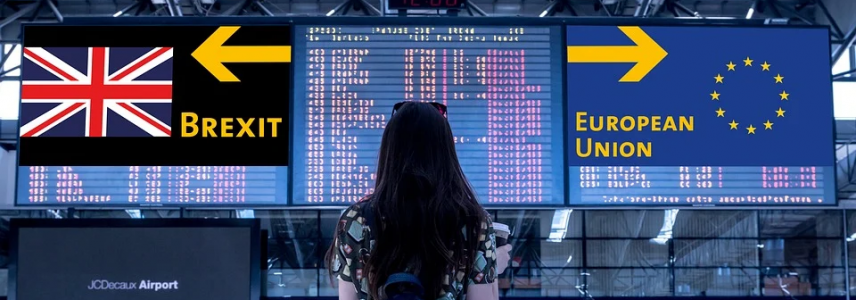Brexit: The deal is done, but what effect does it have on the fresh trade?

The transition period for Brexit ended on 31 December 2020. The United Kingdom (UK) and the European Union (EU) agreed to a trade deal. This deal is important for the supply of fruit and vegetables between the EU and the UK. But the new relationship between them brings new challenges that affect both European and non-European suppliers.
The 27 EU member states export over 3.2 million tonnes of fresh fruit and vegetables to the UK each year. This amount represents 40% of the UK’s internal demand. The recent Brexit deal ensures a continuous supply of fresh and vegetables from and via mainland Europe. European Fresh Produce Association Freshfel says that a worst-case scenario has been avoided. But, Brexit still has an impact. It is creating 55 million euros of extra costs for the fresh produce sector. These extra costs make it difficult for small companies to stay in this low-profit industry.
New UK customs procedures
The fresh trade requires efficiency in speed and costs. Many retailers use a just-in-time system. Shipments and arrivals of fresh fruit and vegetables are carefully planned and the time in warehouses is limited. Since Brexit, the UK no longer has to follow the same rules as the EU. New UK customs procedures and inspections slow down trade from and via the rest of Europe. This makes indirect trade and re-export via the EU less attractive for fresh produce suppliers. Phytosanitary certificates are part of the new customs procedures. After April 2021, these certificates will be a requirement for most fresh fruit and vegetables imported from the EU.
Trade routes are transit routes are changing too. The UK used to be a land bridge between the EU and Ireland. Now, to reach the Irish market, European suppliers will need to look for more direct transport options. This will result in extra costs and a longer transit time. It will take time for the UK to resolve trade issues and improve procedures. Now is a good time for suppliers outside the EU to look at their network in the EU and build new relations in the UK.
Non-EU suppliers
As of 1 January 2021, EU trade agreements no longer apply to the UK. The UK has made new trade agreements with non-EU countries. Among these countries are important suppliers of fruit and vegetables. These include:
- Morocco;
- Egypt;
- Peru;
- Chile;
- Colombia;
- Central America;
- South Africa; and
- Kenya.
The new agreements are similar to the agreements the UK had before Brexit. As such, there are few changes to customs procedures for non-EU countries.
What happens now?
EU traders will try to secure their business with the UK. British service suppliers will try to meet the demand of their main retail contracts via the most direct possible supply lines. This gives nearby non-EU suppliers such as Morocco and Egypt a competitive position comparable to that of EU suppliers. Fresh products from suppliers further away will also likely travel more directly to the UK.
Reading tips
Stay up to date:
- Read about market developments in the fresh fruit and vegetables sector;
- Get more information and documents about the EU-UK partnership;
- Find an overview of consequences and benefits;
- Get information about Brexit and the new rules; and
- Read news on the impact on the sector.
ICI Business wrote this news article for CBI.
Stay informed
To stay informed on the latest developments in the fresh fruit and vegetables sector, subscribe to our newsletter.